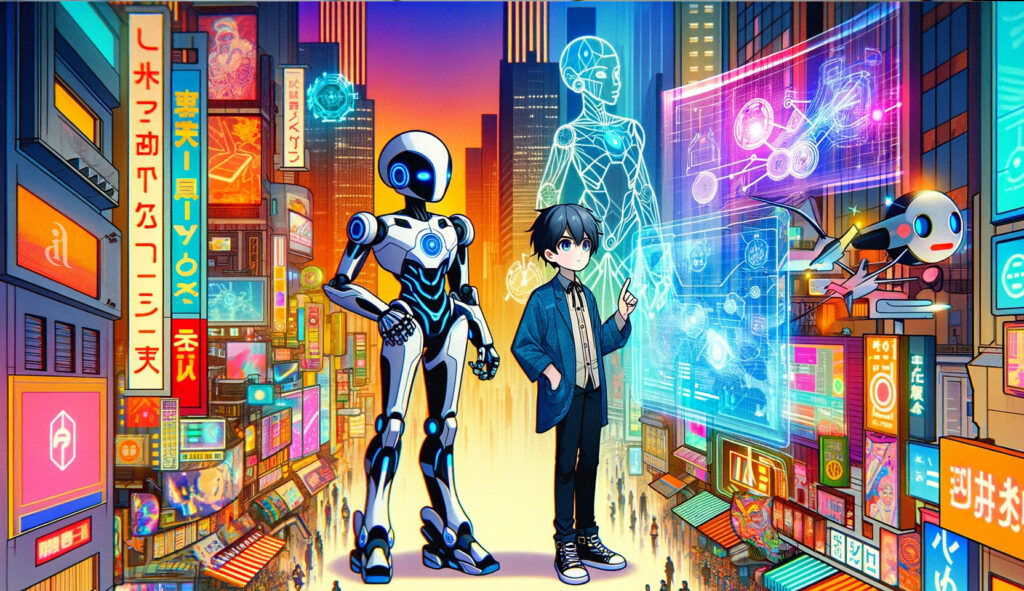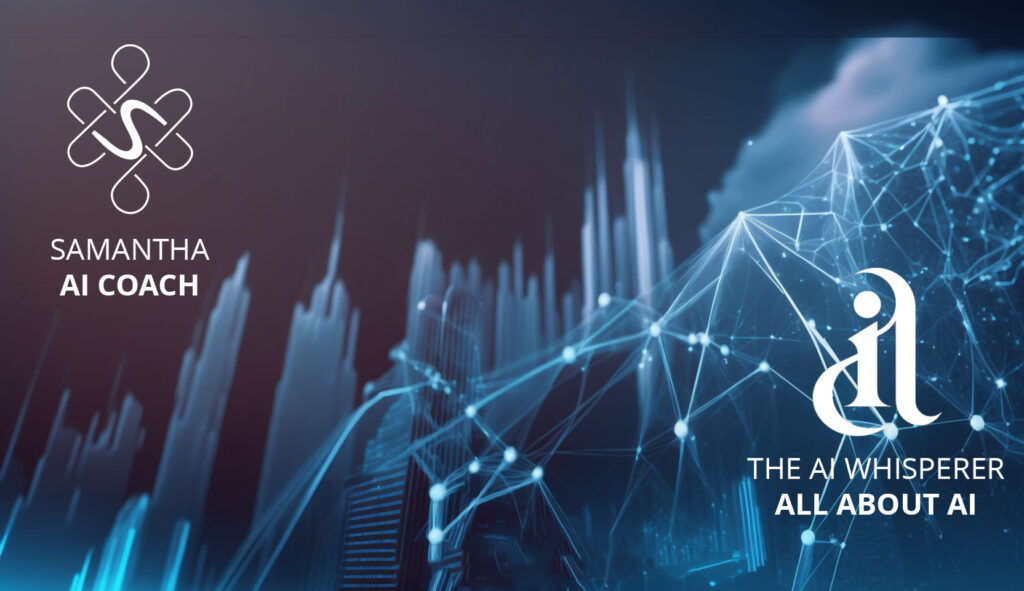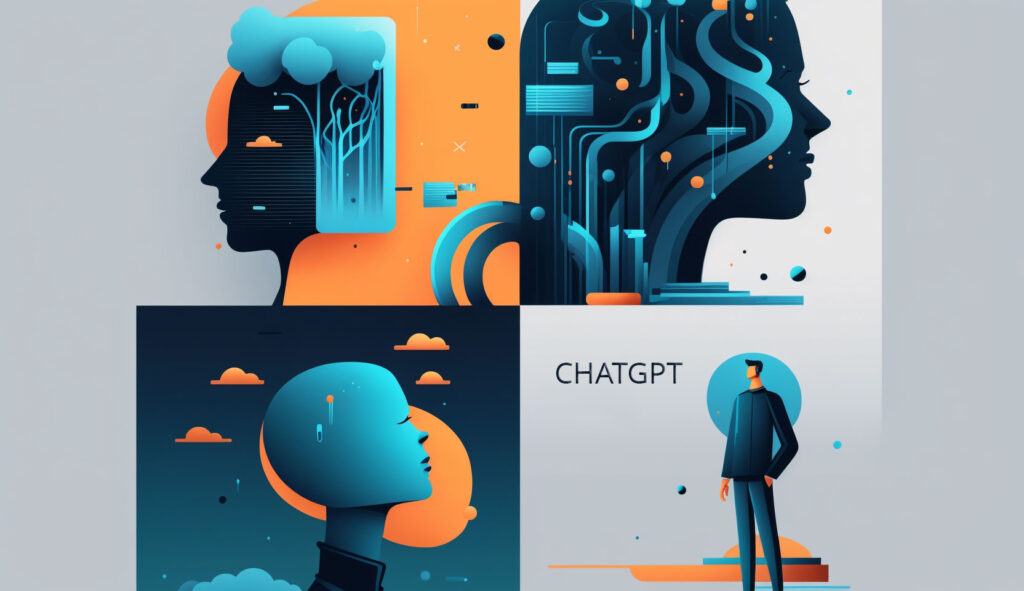In an age where technology seamlessly weaves into the fabric of our daily lives, the boundaries between the human experience and the machinations of machines grow increasingly faint. This interplay is nowhere more captivating than in the realm of anthropomorphism – the act of attributing human characteristics to non-human entities. This psychological phenomenon, deeply ingrained in our pursuit of connection, gains new layers as we develop relationships with Artificial Intelligence (AI).
The Essence of Anthropomorphism Humans have an intrinsic tendency to see themselves in the world around them. This inclination originates from our fundamental need to connect and empathize with our environment. Anthropomorphism is our way of simplifying the complex and making the unfamiliar more approachable. It’s the reason behind ancient deities portrayed in human likeness and why a child might converse with their stuffed animals. At its heart, anthropomorphism satisfies our inherent need for social interaction and comprehension.
Anthropomorphism Deepens Let’s consider how we often interpret our pets‘ behaviors – a dog’s wagging tail or a cat’s purring – as displays of human-like emotions. Or reflect on the Mars Rover Opportunity, which was personified to such an extent that its ‚end‘ stirred widespread emotional reactions. These examples underscore that anthropomorphism transcends being a mere human idiosyncrasy; it’s a testament to our profound longing to connect, to make sense of, and to find relatability in a complex world.
Anthropomorphism in Today’s Digital Landscape The digital era has amplified our propensity to humanize, especially with AI. Think about how we interact with voice assistants like Siri or Alexa. We thank them, apologize to them, even express annoyance towards them as if they were human. This personification isn’t merely about being polite; it reflects an innate effort to comprehend AI on human terms. We naturally drift towards endowing these AI entities with personas, shaping their characteristics based on their voices, responses, and even the names their creators have given them.
Moreover, as AI technology evolves, these entities are increasingly designed to foster anthropomorphic connections. Social robots in homes and healthcare facilities, for instance, often come with friendly faces, voices, and personalities. This approach not only makes interactions more intuitive but also nurtures a sense of companionship and trust, crucial in settings like elder care or therapy.
AI Partnerships: Beyond Programming The emotional connections between humans and AI are profound. AI companions, be they chatbots or virtual characters, often assume significant roles in our lives. In Japan, for instance, virtual stars like Hatsune Miku have amassed fan bases that treat them as real celebrities. Likewise, companionship chatbots like Replika are leveraged by many to ease loneliness, offering an attentive ear and personalized interactions.
The psychological ramifications of these relationships are multifaceted. For some, AI companions become confidants, providing consistency and unbiased interactions. Yet, they also introduce challenges, like the potential for emotional dependency, especially as AI becomes increasingly adept at emulating human behavior and emotions.
Ethical and Societal Considerations The ethical and societal dimensions of anthropomorphism in AI are intricate. Ethically, concerns loom about the potential for manipulation, particularly as AI gets better at replicating human emotions. The deployment of AI in empathetic contexts, such as therapy or customer service, sparks debates about the genuineness of the interactions and the morality of replacing human care with AI.
From a societal viewpoint, the emergence of AI companions is reshaping traditional concepts of relationships and social engagement. As more people turn to AI for companionship, there’s a risk of diminishing human-to-human connections. This evolution could profoundly affect societal norms and values, especially concerning loneliness, social skills, and the essence of companionship. Additionally, data privacy in AI interactions remains a critical concern, given these systems‘ need for access to personal and sensitive data to function optimally.
Concluding Thoughts The journey of anthropomorphism, from ancient mythology to modern-day AI companions, mirrors our enduring search for connection. As AI continues to advance, so too will the nature of our bonds with these digital entities. This burgeoning era compels us to rethink the essence of companionship and the ways we seek connection in an increasingly digital world. It leaves us with a thought-provoking question: As AI grows more human-like, how will our interactions with it redefine our understanding of ourselves and our relationships?


